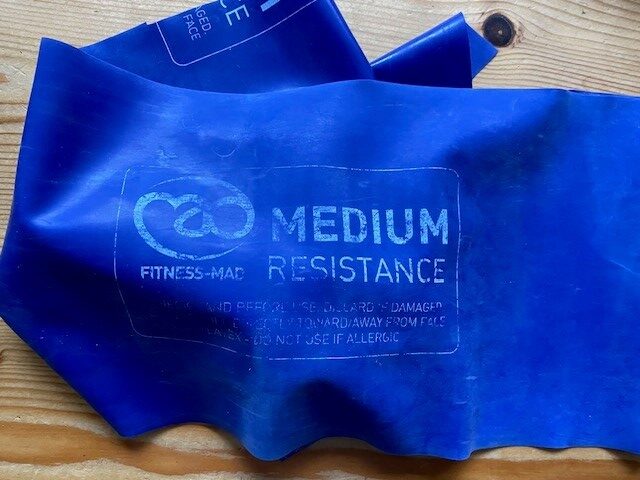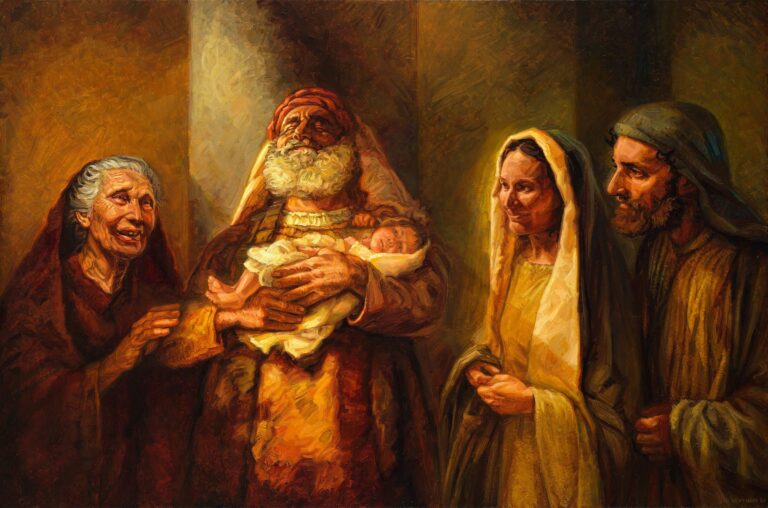| Chaplaincy
resistance

Here is a reading from Paul’s Letter to the Romans, chapter 7 verses 17 – 25, in the brilliant Message version of the Bible:
If I can’t be trusted to figure out what is best for myself and then do it, it becomes obvious that God’s command is necessary.
But I need something more! For if I know the law but still can’t keep it, and if the power of sin within me keeps sabotaging my best intentions, I obviously need help! I realize that I don’t have what it takes. I can will it, but I can’t do it. I decide to do good, but I don’t really do it; I decide not to do bad, but then I do it anyway. My decisions, such as they are, don’t result in actions. Something has gone wrong deep within me and gets the better of me every time.
It happens so regularly that it’s predictable. The moment I decide to do good, sin is there to trip me up. I truly delight in God’s commands, but it’s pretty obvious that not all of me joins in that delight. Parts of me covertly rebel, and just when I least expect it, they take charge.
I’ve tried everything and nothing helps. I’m at the end of my rope. Is there no one who can do anything for me? Isn’t that the real question?
The answer, thank God, is that Jesus Christ can and does. He acted to set things right in this life of contradictions where I want to serve God with all my heart and mind, but am pulled by the influence of sin to do something totally different.
That reading is St Paul at his most human – facing the same struggles with his humanity as we all do.
It reminds me of something that I use every morning for the exercises my physio gave me. It’s a long wide thin piece of rubber called a resistance band. When this is tied in a loop round my knees it makes doing any exercises more difficult – and that is the idea! That’s how to improve your movement and strengthen your muscles, apparently…
So I try to move in a certain way, and at the same time I make that more difficult for myself. I resist the very thing I am trying to do. It sounds a bit like Paul!
And like Paul, I think we may also notice sometimes a sort of inner resistance within us. Part of us wants to do something because we know it’s right – but another part of us rebels against doing it. Or part of us wants to stop doing something because we know it’s not good – but another part won’t let go. As Paul says, ‘Something has gone wrong deep within me and gets the better of me every time.’
During this time in Lent some people are fasting – giving up certain things – maybe chocolate, or alcohol, or social media. And we are perhaps aware of our Muslim sisters and brothers who are also keeping the fast during this month of Ramadan.
One of the gifts of trying to follow a spiritual discipline is that it reveals something about us to ourselves. We begin to notice the inner resistances. We reach for that biscuit – or we reach for our phone. We prioritise some time-filling habit over our spiritual practice. We feel the inner conflict.
It’s interesting to notice where we feel this resistance. Is it in our heads? In our hearts? In our stomachs? In our shoulders? In our unsettled spirits?
And when we know, somewhere deep inside, that we are resisting not just our own attempts at following a spiritual discipline, but also the gentle, insistent voice of God, why do we do it?
There are certainly other strong voices out there – the voice of habit. The craving for a dopamine hit, or an injection of sugar. The beguiling and demanding calls of the media, of shiny things, of those around us.
There may also be a resistance that comes from not wanting to do something difficult. Some of the actions that we call sinful are really short cuts to getting something which is itself a good thing – a feeling of comfort, a sense of self worth, proof that we are loved.
Maybe we find it hard to let go of our resistance because we are afraid of facing the truth about ourselves. We are afraid of being fully honest with God.
That’s what I love about these words written by Paul. He is past the point of pretending. He hates living with this inner conflict. He says ‘I’ve tried everything and nothing helps.’ And that brings him to the place where he needs to be. He asks ‘Is there no one who can do anything for me?’ And he answers himself:
‘The answer, thank God, is that Jesus Christ can and does. He acted to set things right in this life of contradictions where I want to serve God with all my heart and mind, but am pulled by the influence of sin to do something totally different.’
As we become more aware of our inner resistance, so we become more and more aware of our need for God’s help. We realise that we can’t do it on our own. Our admission of our weakness opens the door for God’s grace. We recommit ourselves to live in partnership with him. If we struggle to keep our spiritual disciplines – or to live life in the way we feel called to live – that isn’t a disaster. It’s a painful but necessary nudge back into depending on God. And that, I think, delights God’s heart.
Here is a prayer, adapted from one of Stephen Cherry’s ‘Barefoot Prayers’:
My mind is still,
my body is at rest;
you are my desire.
But I am aware
of a knot in my depths.
A tight, congested inner tangle.
I would love to tease it out.
I pull a strand,
the whole knot tightens.
What is this multi¬threaded mass?
Who or what makes its rest here?
It drags me down, seals me within,
constricts my soul.
Disentangle me, Lord.
Unpick my inner knot.
Unravel my complexity.
Unweave my deepest confusion.
Untwist the channels of spirit within.
See my spiritual hardening and
soften, soften,
soften.
Stretch me from without.
Bless me from above.
Breathe your Spirit through me
and, by your mercy,
untie my depths.



